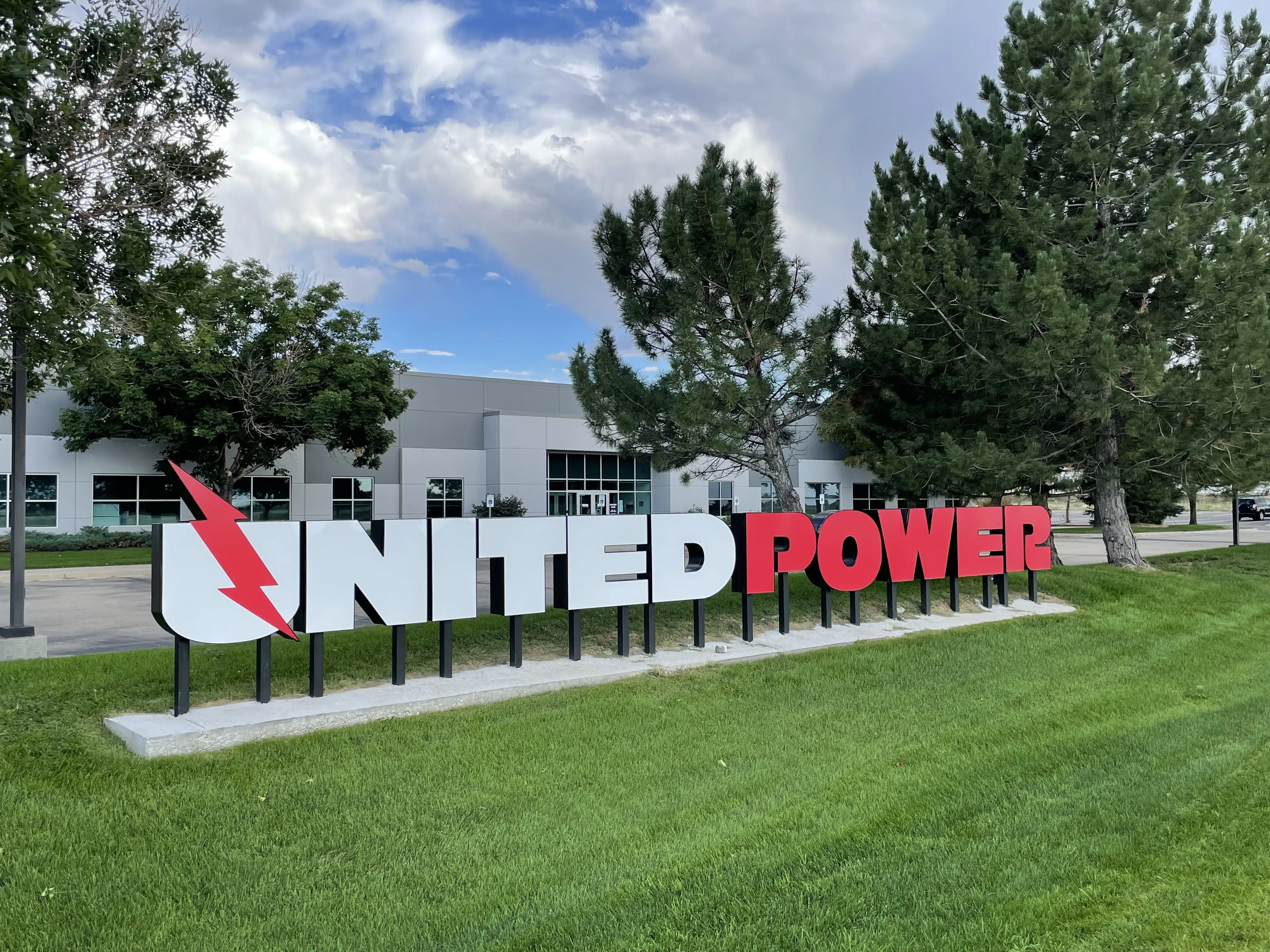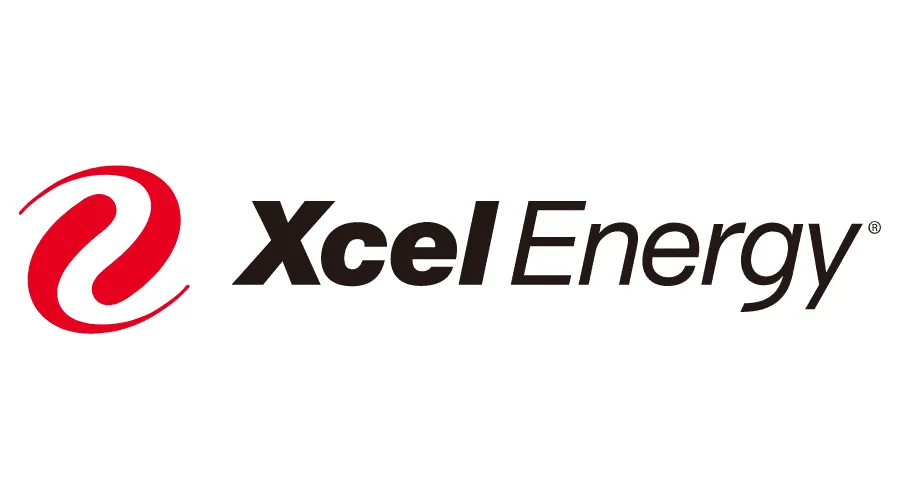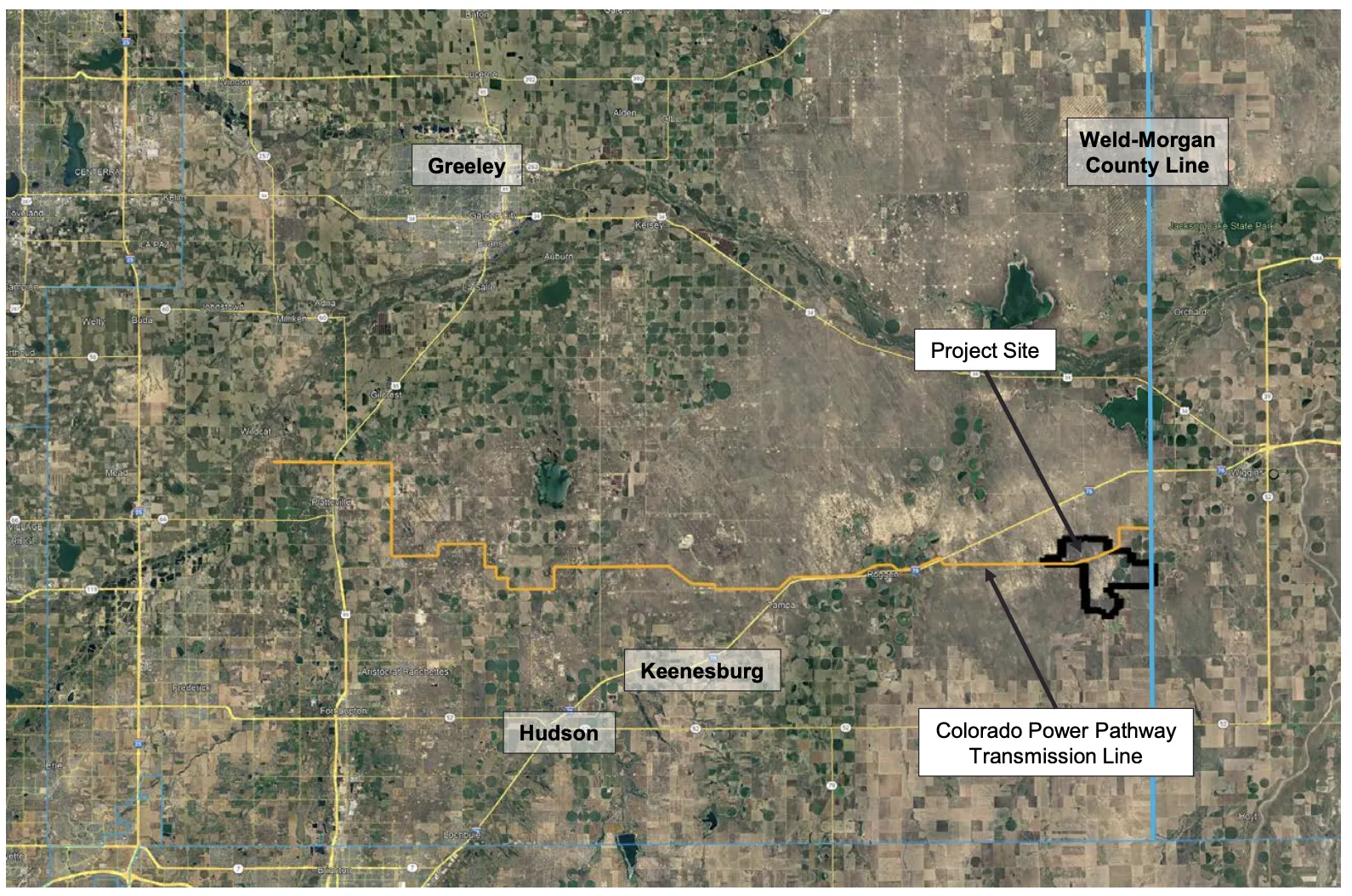United Power cuts ties with Tri-State, proposes rate hike

BRIGHTON — Brighton-based electric cooperative United Power officially unplugged from power supplier Tri-State Generation and Transmission Inc. on Wednesday, marking the culmination of a long and contentious divorce that gained final approval late last year.
As a result of the separation, United Power is planning what Mark Gabriel, the company’s president and CEO, termed “a small rate increase” which, if not challenged by the cooperative’s members, will take effect on or after June 1.
As an electric cooperative, United Power is regulated by an elected board of directors. The proposed rate increase was approved by United Power’s board on April 18.
SPONSORED CONTENT
Its proposal lists increases from 6.1% to 14% based on various levels and types of service. According to a United Power spokesperson, “the rate increase, which is being spread across all rate classes, is intended to offset the contract termination costs paid by the cooperative to leave its wholesale power contract with Tri-State on May 1. The average household on the standard residential rate using about 850 kilowatts per hour per month with a demand of 7 kilowatts will see their bill rise from $124.82 to $136.85, an increase of $12.03.”
“There is never a good time to raise rates, but there is always a good reason,” Gabriel wrote on the company’s website on Wednesday. “Raising rates ensures the financial stability of the utility, keeps borrowing costs low, and allows for continued investment in facilities. Sometimes there is a great reason to raise rates. For United Power, that great reason is freedom to do the right thing for our members and a restoration of local control.”
Referring to the separation from Tri-State, he wrote, “Operating as an independent entity allows United Power to manage its own destiny and focus on locally controlled generation and assets, while protecting members from costs that do not bring them value. Exiting our power contract prevents the cooperative from carrying a disproportionate burden of the supplier’s costs and investments and subsidizing others. Additionally, we want to incentivize generation and storage within our communities and increase reliability. Local generation contributes tax revenue that benefits our communities. Our new power supply will also immediately reduce our carbon intensity, helping us meet regulatory mandates.
“The cost of this freedom is $627 million,” Gabriel wrote, “broken down into an exit fee of roughly $450 million and a 40-year prepayment of approximately $180 million for the use of transmission facilities. This prepayment is a loan from United Power that will earn interest to the tune of more than $250 million, and it is for service that we would have needed to buy anyway. Most importantly, the cooperative will be free from debts and obligations over which we have no management or control.”
At Tri-State, CEO Duane Highley wrote on the company’s website that “Our resource plans remain on track, and by the end of next year, 50% of the energy our members use will come from clean energy, rising to 70% in 2030, with significant greenhouse gas reductions. Our resource planning establishes a high standard for reliability, even in extreme weather events, and our wholesale rates will remain competitive for our members.
“We wish United Power and its consumer-members well as they go off on their own,” Highley wrote. “Tri-State continues to serve our members, who value the reliability and affordability Tri-State provides year-after-year, with an unrivaled diversity of power supply resources.”
Tri-State said Wednesday that it plans to add 595 megawatts of new solar this year and in 2025, and that its 2023 Electric Resource Plan includes an 89% greenhouse-gas emissions reduction in Colorado in 2030, the retirement of four coal resources between 2025 and 2031, and the addition of 1,250 megawatts of additional renewable-energy resources and energy storage between 2026 and 2031.
Tri-State said it had rescinded the withdrawal of another cooperative that was scheduled to be made official Wednesday. The Hay Springs, Nebraska-based Northwest Rural Public Power District hadn’t complied with the contract termination payment tariff ordered by the Federal Energy Regulatory Commission, has not paid any such tariff to Tri-State, “and accordingly, remains a member of Tri-State,” the company said.
The FERC had issued its final decision on the United Power-Tri-State separation in a 246-page order in December that clarified the procedures for members exiting from Tri-State, a Westminster-based nonprofit wholesale power supplier. Tri-State and United Power Inc., its largest member, reached an agreement in November designed to complete the companies’ separation.
The two entities had argued for years over such things as rates, reliance on coal and even how much United Power would have to pay to end its membership contract with Tri-State early.
United Power serves nearly 110,000 meters and maintains and operates more than 6,500 miles of distribution line. The 900-square mile service territory wraps around the north and west borders of Denver International Airport and includes the Carbon Valley, Brighton, Hudson, Keenesburg, the north and northeast metropolitan development corridors along Interstates 25 and 76, U.S. Highway 85, and E-470 and Golden Gate and Coal Creek canyons. As a result of its geographic location, United Power’s system is experiencing significant demand and energy growth, averaging approximately 6% annually.
Tri-State is a power-supply cooperative operating on a not-for-profit basis, including utility electric distribution cooperative and public power district members in four states. It delivers power to more than a million electricity consumers across nearly 200,000 square miles of the West, but its member rolls have been trimmed to 38 and its revenues by more than 25%.
Even after Wednesday’s breakup, United Power still must pay to use some Tri-State transmission lines. However, it has replacement power suppliers in place. Denver-based wholesale power provider Guzman Energy in July signed a 15-year contract to deliver wholesale power to United Power beginning Wednesday. Under the agreement, Guzman will deliver approximately one-third of the cooperative’s power needs.
It also has more than a dozen of its own generation and storage assets and contracts, including a pact with Xcel Energy for some renewable power, another with Western Area Power Authority for hydropower, and a 25-year agreement with Whetstone Power starting this month for the output of a 30-megawatt solar project in the San Luis Valley.
Editor’s note: This story was updated with corrections about the approval process and a further description of the rate increases.
Brighton-based electric cooperative United Power Inc. officially unplugged from power supplier Tri-State Generation and Transmission Inc. on Wednesday, marking the culmination of a long and contentious divorce that gained final approval late last year.





